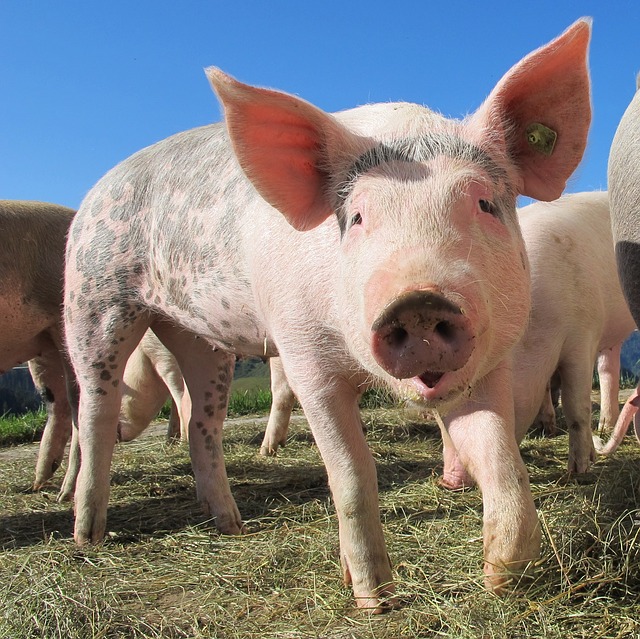In a follow-up on the situation in Maryland with the influenza virus strain H3N2v (variant flu) linked to exposure to swine, The Maryland Department of Health now puts the case tally at 37 presumptive positive and confirmed cases (including 2 hospitalizations).

Patients reported exposure to swine at one of three agricultural fairs during the week preceding illness onset. Swine influenza A(H3N2) viruses were identified from respiratory samples collected from pigs at two of the three fairs.
In addition, Delaware’s Division of Public Health reported that state’s first H3N2v case, involving a girl who had contact with pigs at the Anne Arundel County Fair in Maryland.
Influenza is an infection caused by the influenza virus which can affect people and other animals, including pigs and birds. Symptoms for the H3N2v strain are the same as seasonal flu and include fever and respiratory symptoms, such as sore throat and cough. Like seasonal influenza, variant influenza typically causes mild illness.
Certain people are at higher risk for complications of influenza, including children under five, the elderly, pregnant women, and those with chronic heart, lung, liver, kidney and neurologic conditions or immunosuppression. These individuals should consider avoiding exposure to pigs and swine barns, especially where sick pigs have been identified.
Historically, there is limited human to human transmission from this strain of variant flu. The treatment recommendations for this strain of influenza are the same as for seasonal flu.
It is recommended that people with influenza-like illness contact their healthcare provider and inform them if they have had pig contact within the past seven days.
In addition to the cases in Maryland and Delaware, the CDC has confirmed cases in North Dakota (1), Ohio (15), Pennsylvania (1), and Texas (1) this year.
Related:
- Plague in Madagascar update: More than 100 cases, half are pneumonic plague
- Hawaii researchers awarded $6 million to develop trivalent Ebola vaccine
- A conversation with MRSA Survivors Network founder, Jeanine Thomas
- Plague spreading in Madagascar, 17 districts affected
- 17th rat lungworm case reported in Hawaii infant
- Vaccines: Tdap administered during the third trimester prevents 78 percent of pertussis in young infants
- Syracuse lacrosse: Mumps prompts pull-out from weekend games



One thought on “Influenza A (H3N2v): Maryland case count rises”